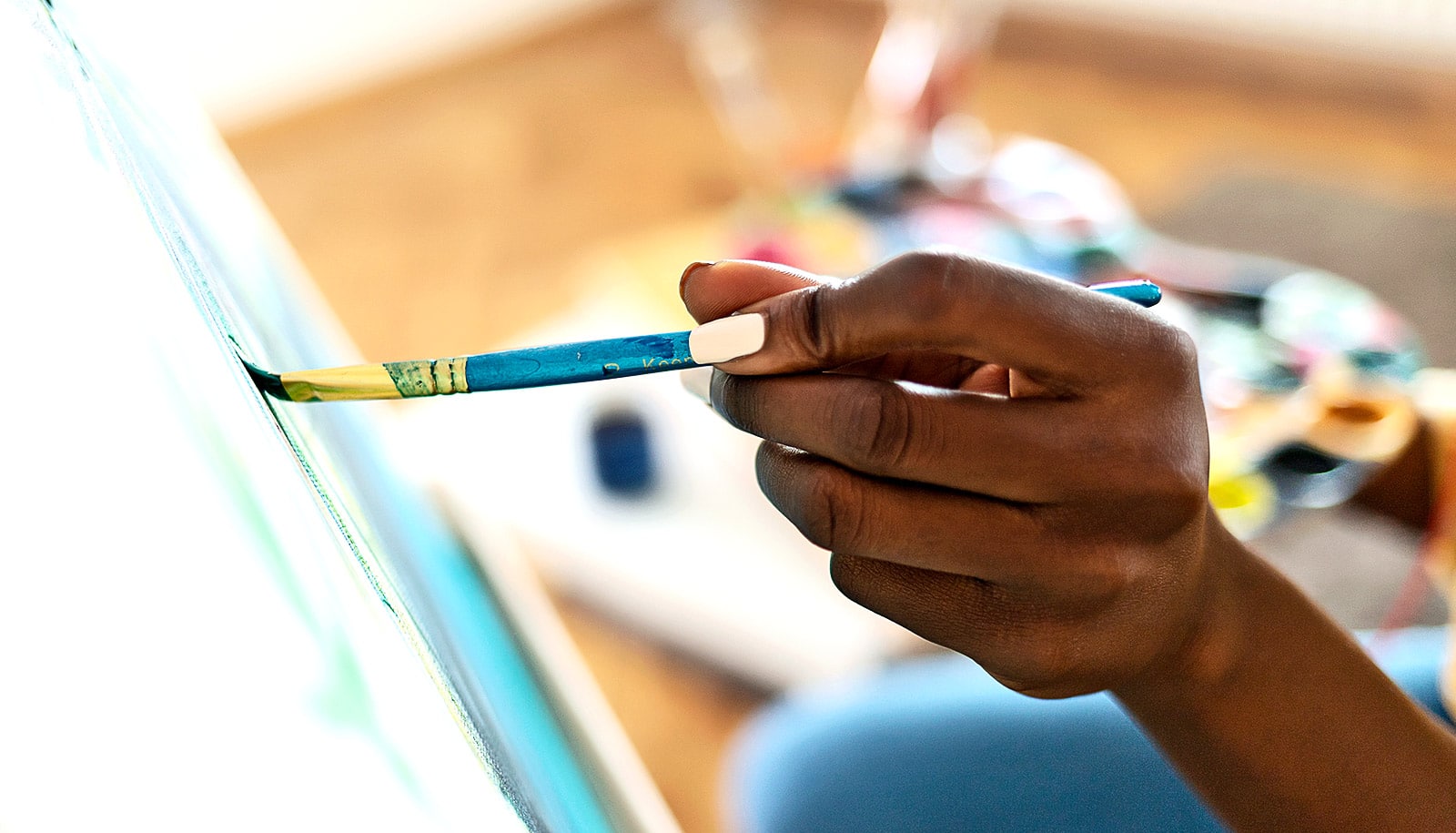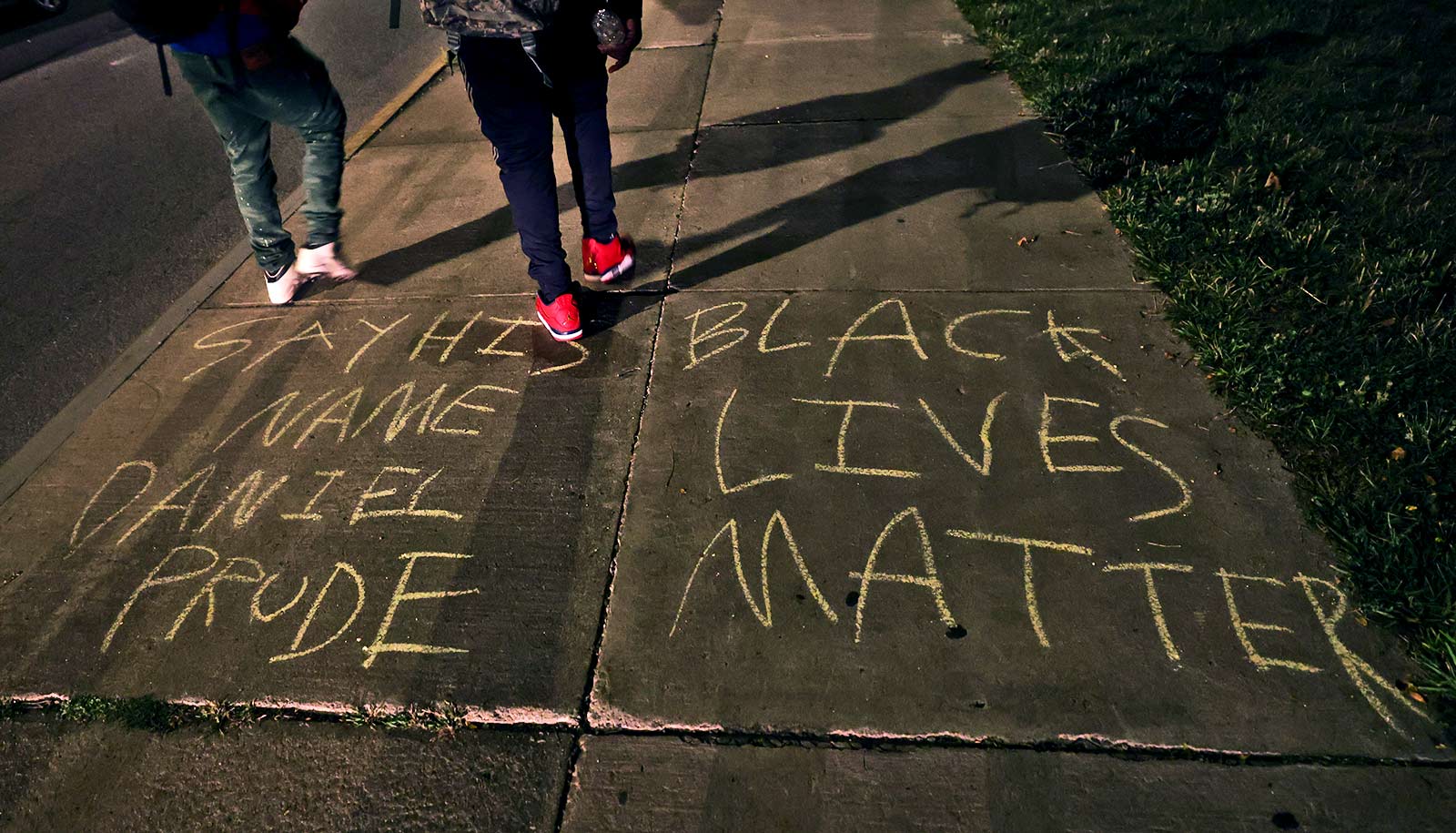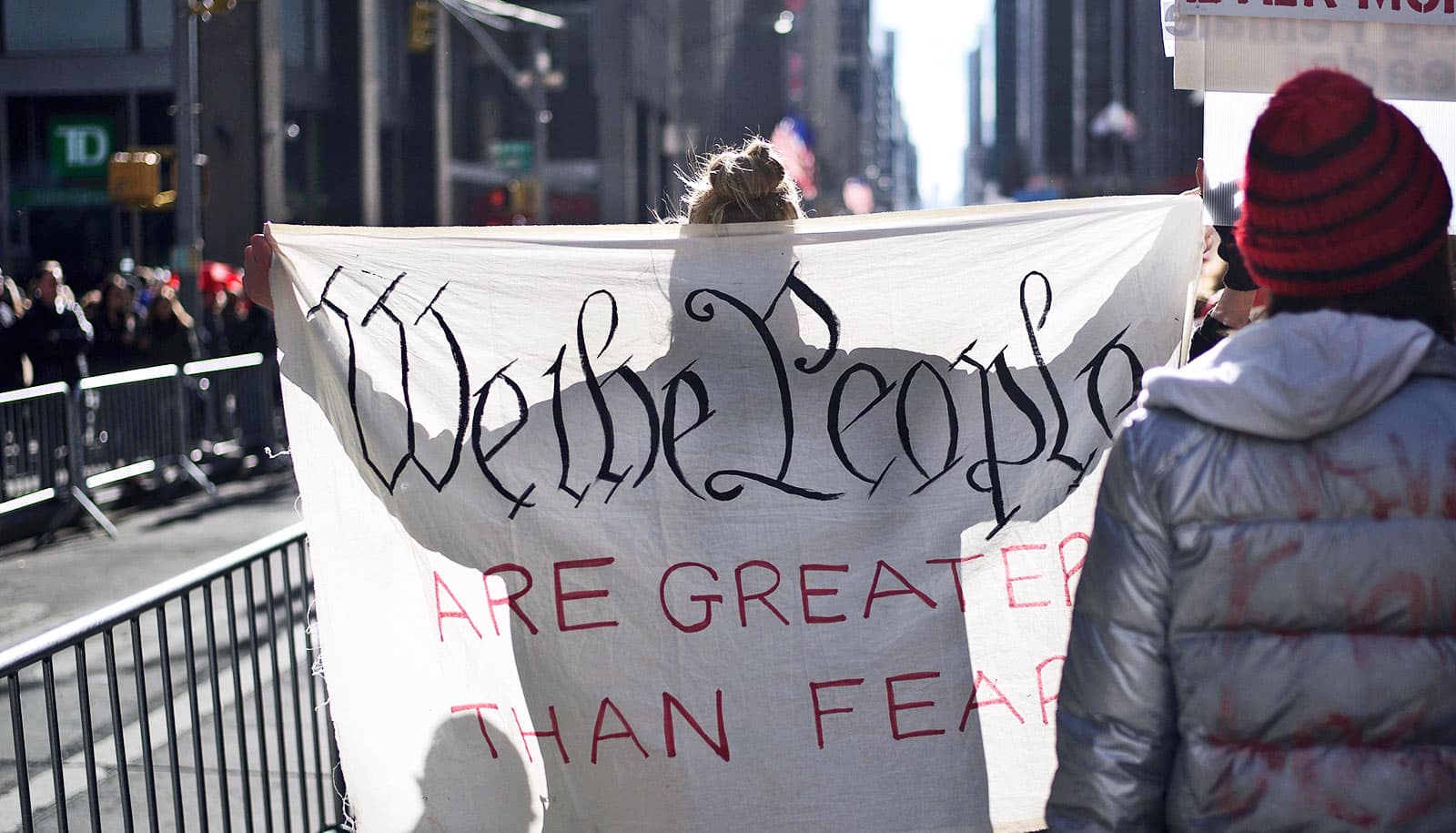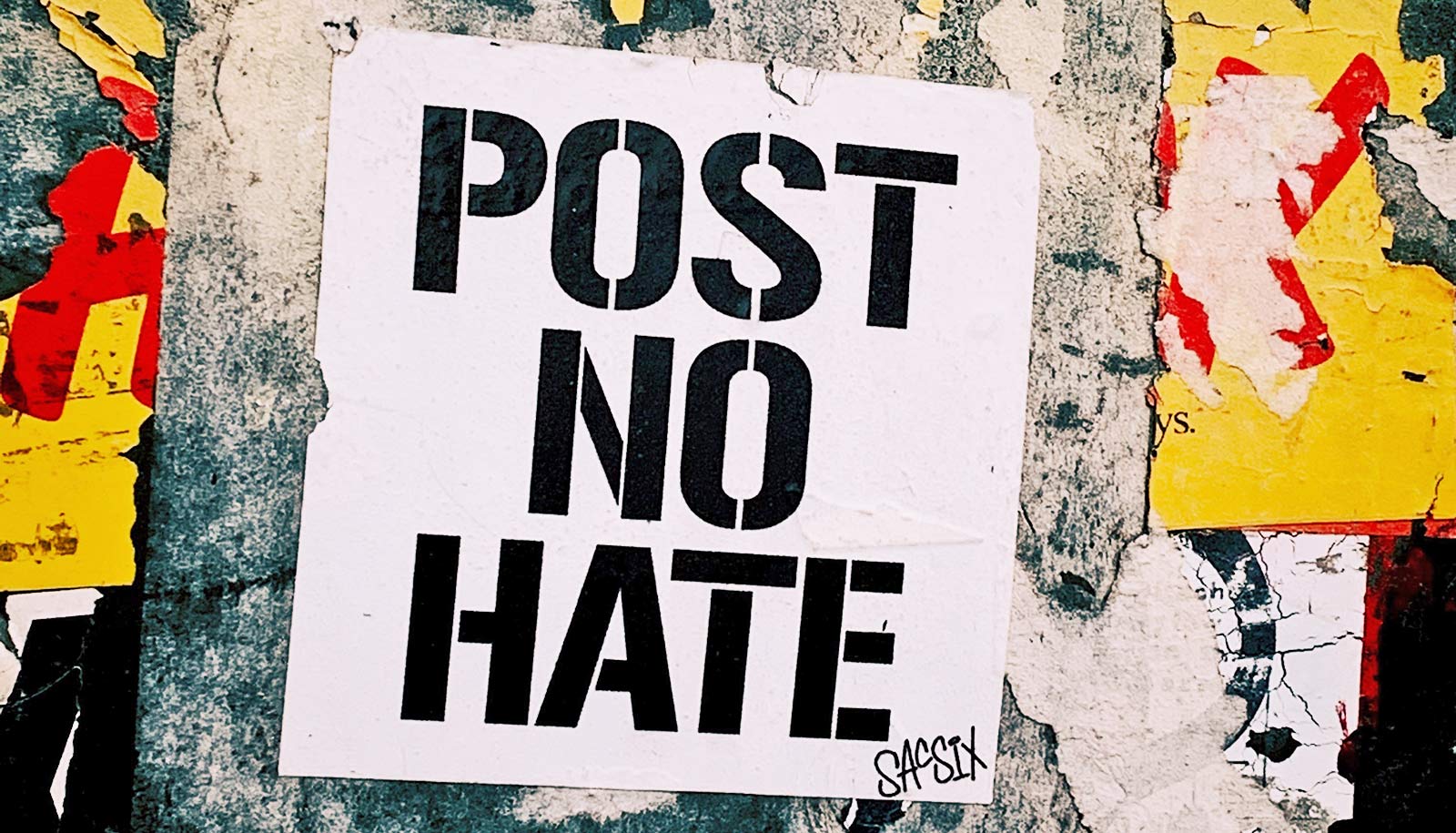Participation by youth of color in arts programming can enhance awareness of social injustice and increase engagement in social action, according to a new study.
The findings also show that white youth who engage in arts programming experience greater awareness and understanding of social inequity.
“Critical consciousness is a framework for understanding youth’s beliefs, feelings, and actions around social injustice,” says lead author Deanna A. Ibrahim, a doctoral fellow in the psychology and social intervention program at New York University Steinhardt.
“Youth from minoritized communities—including youth of color and sexual and gender minority (SGM) youth—systematically face injustice in their daily lives. Previous research tells us that for youth facing injustice, developing awareness and action around inequity can lead to improved well-being, as well as school and career success.
“This study shows that arts programming can be an important place where students can develop awareness and action around injustice, and that art can help more privileged youth become aware of injustice and more marginalized youth take action against injustice in their communities.”
Researchers studied a sample of 2,537 adolescents in Massachusetts over two consecutive academic years (2015-2016 and 2016-2017) to gauge changes in critical consciousness and other constructs among youth who were involved in various extracurricular activities (e.g., sports, arts programs, academic programs).
Students then completed questionnaires that measured behaviors including critical reflection, political efficacy, and critical action.
Past research suggests that arts programming contributes to improved awareness of social justice and engagement in social action by providing spaces that facilitate self-expression, social interaction and collaboration, and improve skills such as empathy, tolerance, and critical thinking.
‘This study is the first to explicitly link youth’s participation in general arts programming—such as the drama club, the school choir, etc.—to growth in critical consciousness. The findings add to research on the importance of arts programming by highlighting an additional developmental competency, critical consciousness, that arts programming can promote.
“Additionally, this study adds to our understanding of the settings in which youth can develop critical consciousness by highlighting arts programming as a site for consciousness-raising.”
The study appears in the Journal of Youth and Adolescence. Additional coauthors are from NYU and the Bronfenbrenner Center for Translational Research. This research was part of a larger study led by the Gender-Sexuality Alliances Research Consortium.
The National Institute of Minority Health and Disparities of the National Institutes of Health funded the work.
Source: NYU



